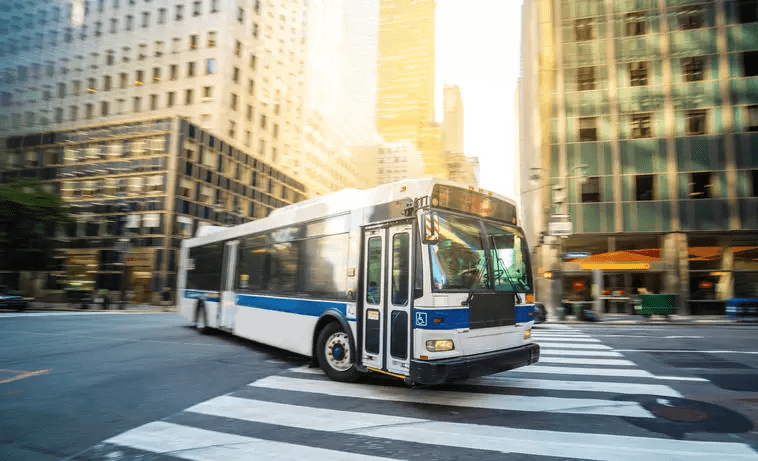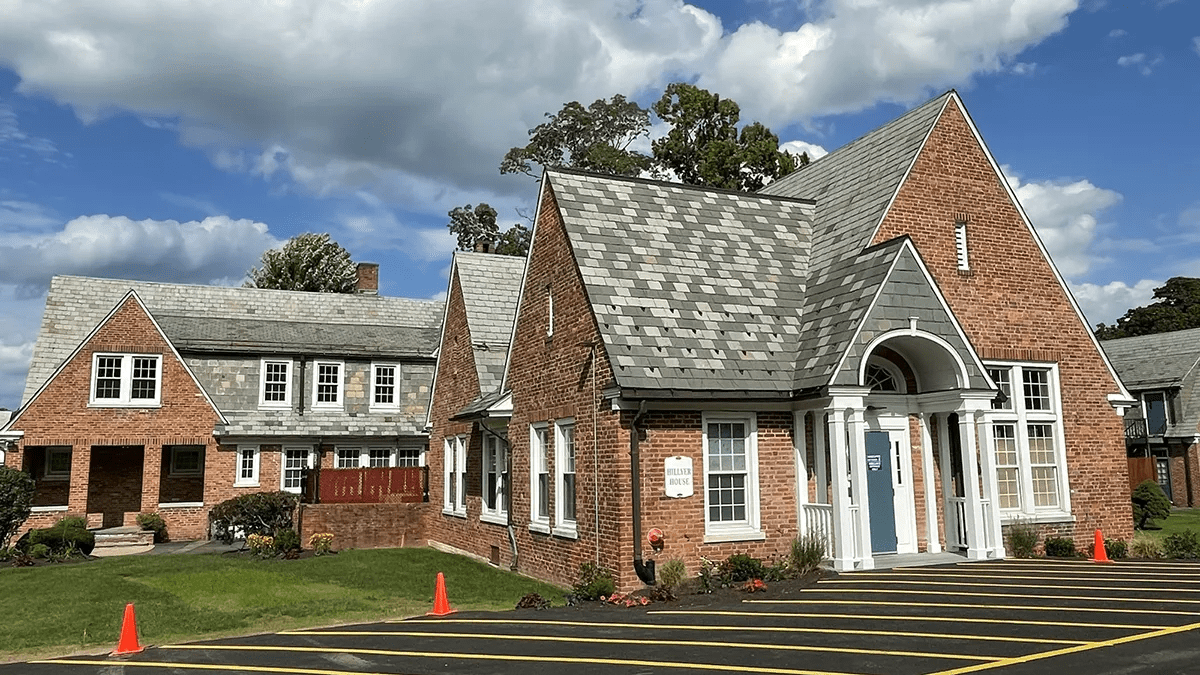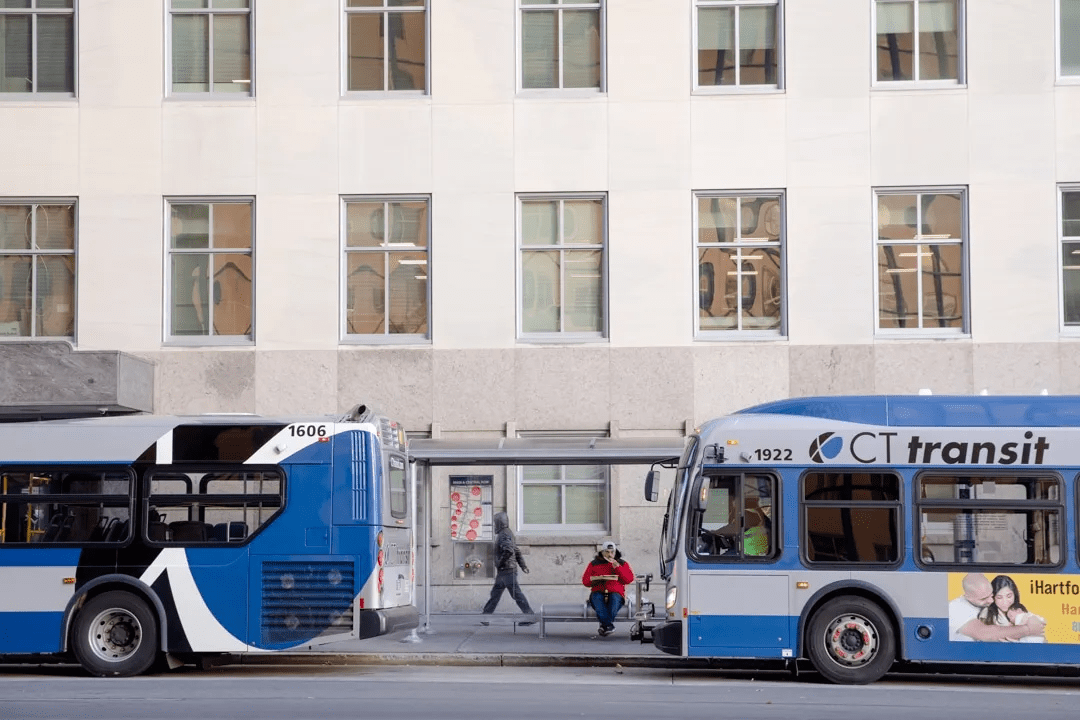Drug & Alcohol Addiction Treatment – Rehab Help and Resources in Connecticut
Local Resources & Information to Start Your Recovery Journey

Help Is Available for Those Struggling With Addiction in Connecticut
The number of people in Connecticut who have sought substance use treatment has steadily been increasing. This means more people are getting the help they need. There are over 180 accredited alcohol and drug rehab programs in Connecticut. The Connecticut Department of Mental Health and Addiction Services (DMHAS) has a 24/7 Access Line to support all residents of Connecticut in accessing residential detox and coordinating transportation at 1-800-563-4086.[1] Substance use disorder is different for each person, but help is available for everyone.

How Do You Know If You Need Professional Help?
Many people try to manage or hide their substance use. Signs that it may be time to ask for help include:
- You’re experiencing mood changes or mood swings
- You are spending less time with friends and family members
- You are having problems at home, school, or work
- You no longer have an interest in activities you used to enjoy
- You’re making choices that are harmful to your health
- You’re having problems sleeping
- You have changes in your weight

How and Who Can I Ask for Help?
Asking a close friend or family member for help may seem scary, but they may be your biggest supporter on your road to recovery. Sometimes, loved ones may respond in a way you weren’t expecting, such as shock, anger, embarrassment, or surprise.
This does not mean that they don’t want to be supportive. They may simply need more time to adjust to this new information about you. Or they may need more information about what a substance use disorder is and what is involved in treatment. If you don’t feel comfortable asking a family member for help, your healthcare provider or an anonymous hotline are other places to start the first steps toward wellness.
Types of Addiction Treatment in Connecticut
How to Choose the Right Drug Rehab Center for Your Loved One in Connecticut
When choosing a drug rehab center, you want to ensure it is licensed and accredited in Connecticut. Other things you may wish to consider include
-
Location
For some people, being close to home makes accessing services and having loved ones participate in treatment easier. For other people, being further away from the people and situations that could trigger their substance use behaviors is a better option.
-
Specialized Programs
There are many different programs that specialize in the specific needs of different groups of people. Examples include co-occurring disorder treatment (for people struggling with a mental health disorder and a substance use disorder), Veterans and First Responder programs, or substance use disorder treatment and housing support.
-
Insurance
Before committing to a program, you want to ensure it accepts your insurance. Most insurance companies will pay for all or part of rehab treatment, lowering your out-of-pocket cost. If they do not accept your insurance or you do not have insurance, you will want to discuss with their admissions and financial office what your financial obligations will be, what alternative payments they may have, or if there are other equally effective programs that do accept your insurance.
-
Activities
Many drug rehab programs offer a variety of recreational activities, volunteer opportunities, and community involvement. While this should not be the main decision-making criteria, it may be one you wish to consider.
Discover Our Treatment Guides Closest To Your Home
Continuing Recovery Care & Sober Living Programs in Connecticut
Once an individual has completed their treatment at the residential program, they would step down to outpatient programs and possibly a sober living housing program. Programs that offer alumni services provide a local recovery community that can be an important resource when you have completed treatment. Alumni programs help you stay committed to your recovery and hold you accountable should you have a relapse.
There are a number of different types of sober living homes. A basic sober living home is an alcohol- and drug-free residence where unrelated adults who are recovering from a substance use disorder voluntarily choose to live together in a supportive environment during their recovery.[3]
There are also Certified Sober Living Homes that are certified as recovery residences by an affiliate of the National Alliance for Recovery Residences (NARR) or another organization recognized by the Department of Mental Health and Addiction Services (DMHAS).[4]
Oxford House is a democratically run, self-supporting, and drug-free home. The number of people living in the house ranges from six to fifteen. There are separate houses for men, women, and women with children.[5]
Luxury sober living homes provide a similar safe space, accountability, and shared responsibility that other sober living homes expect. However, there is a higher standard in the living accommodations and amenities, which also comes with a higher cost to the individual living there.
Contact Admissions Today

Emergency Services for Addiction in Connecticut
Connecticut substance use treatment programs offer a full continuum of care, from detox to addiction treatment to alumni services but should an emergency happen it is imperative to know where to turn.
Should you require immediate emergency medical services for an overdose, call 911 immediately. If you or a loved one takes a prescribed opioid prescription or misuses opioids, you can ask your healthcare provider for a prescription for naloxone (Narcan). Your medical provider or pharmacist can also instruct you on how to administer it to someone who is experiencing an overdose.
The following facilities provide emergency medical services.

Connecticut Department of Mental Health and Addiction Services (DMHAS)
24/7 Access Line



Community Resources for Mental Health & Addiction
The following are some of the addiction-related treatments available in Connecticut:
- Connecticut State Department of Mental Health and Addiction Services: They provide a list of detoxification facilities, residential treatment programs, recovery houses, sober houses, and walk-in outpatient programs.
- Drug Free CT: Helping Connecticut understand, prevent, and recover from substance use disorders.
- Department of Children and Families Office of Intimate Partner Violence and Substance Use Treatment and Recovery: provides a recovery-oriented system of care to all children in Connecticut and DCF-involved parents/caregivers experiencing difficulties with substance misuse.
- NAMI Connecticut: NAMI is a nonprofit organization with a mission to help individuals and families who are affected by mental health disorders.
- National Suicide Prevention Lifeline: Dial 800-273-8255 (800-273-TALK)
- Veterans Crisis Line: Dial 800-273-8255, option 1
- 24/7 Crisis Text Line: Text CT to 741741

Local Stats You Need to Know
Connecticut is among the top 10 states in the prevalence of alcohol use. Adults in Connecticut ages 26 and older have the highest reported prevalence of past 30-day alcohol use (61.4%). Young adults 18-25 have the highest prevalence of binge alcohol use (29.3%).[6] For 18 to 25-year-olds, past-year cannabis use was higher than the national average (43.91% in CT vs.35.09% nationally).[7]
In 2021, nearly 9 in 10 unintentional overdose deaths (86%) in Connecticut involved fentanyl.[8]
Less than one percent (0.33%) of Connecticut residents 12 or older have used heroin in the past year, a rate slightly higher than the national average (0.28%).[9]About 1.99% of Connecticut residents over the age of 12 reported past year cocaine use, with young adults having the highest reported use (6.21%), which is higher than the prevalence in the U.S. (5.54%).[10]
Start Your Recovery in Connecticut
Connecticut’s numerous treatment facilities can meet your unique substance use treatment needs. Reach out today to start your journey to recovery.

How to pay for Addiction Treatment in Connecticut
For many one of the first obstacles in seeking addiction treatment is knowing how to pay for it. Thankfully, there are many treatment centers that accept most major insurance carriers.
Insurance plans offer in-network and out-of-network benefits in Connecticut. These benefits can increase or decrease the amount your health insurance will pay and the amount you will have to pay. If you do not have insurance, or your insurance is not covered, many addiction treatment centers have sliding scale fees based on a person’s income. You may also be able to find grants or scholarships to help pay for treatment.
Frequently Asked Questions About Attending Rehab in Connecticut
There are numerous addiction treatment options available in Connecticut. These include detoxification programs, residential programs, outpatient programs, medication-assisted treatment, mental health counseling, sober living, and support groups such as Alcoholics Anonymous (AA) or Narcotics Anonymous (NA).
The treatment plan will vary depending on the individual’s needs and the type of program. Usually, substance use treatment includes detoxification (if needed), counseling to address the psychological aspects of addiction, education about addiction and relapse prevention, support groups, and aftercare planning.
Many addiction treatment programs provide support to family members, such as family therapy, education about addiction and recovery, and support groups for family members of individuals with a substance use disorder, such as Al-Anon or Nar-Anon. NAMI is a national program with local chapters that have support programs for family members of those with mental health, substance use, or dual diagnosis.
[1] 211ct.org (2023). Substance Use Disorder Resources and Information: (For Connecticut Residents). Retrieved from
https://uwc.211ct.org/substance-abuse-resources-and-information-for-connecticut-residents/ on April 12, 2024.
[2] WebMD (2022). How to Ask for Help with Addiction. Retrieved from https://www.webmd.com/mental-health/addiction/addiction-asking-for-help on April 12, 2024.
[3] SAMHSA (2015). TIP 45. Detoxification and Substance Abuse Treatment. Substance Abuse and Mental Health Services Administration. Retrieved from https://store.samhsa.gov/sites/default/files/sma15-4131.pdf on April 12, 2024.
[4,5] DMHAS. Certified Sober Living Homes. Connecticut State
Department of Mental Health and Addiction Services. Retrieved from https://portal.ct.gov/dmhas/divisions/behavioral-health-division/certified-sober-living-homes on April 12, 2024.
[6] Oxford House (2024). The purpose and structure of Oxford House. Retrieved from https://www.oxfordhouse.org/purpose_and_structure on April 12, 2024.
[7] CT Prevalence and trends of alcohol abuse | DrugFreeCT.org. (n.d.). drugfreeCT. Retrieved from https://www.drugfreect.org/alcohol/ct-prevalence-and-trends/ on May 16, 2024.
[8] CT Prevalence and trends of marijuana | DrugFreeCT.org. (n.d.). drugfreeCT. Retrieved from https://www.drugfreect.org/marijuana/ct-prevalence-and-trends/ on May 16, 2024.
[9] Connecticut Department of Public Health. (2023). Unintentional drug overdose deaths in Connecticut: A FACT SHEET – 2022. In OVERDOSE DATA TO ACTION, INJURY & VIOLENCE SURVEILLANCE UNIT. Retrieved from https://portal.ct.gov/-/media/DPH/Injury-and-Violence-Prevention/Opioid-Overdose-Data/Fact-Sheets/2022-Fact-Sheet_Unintentional-Fatal-Drug-Overdoses_Updated-on-6-7-2023.pdf on May 16, 2024.
[10] CT prevalence and trends of heroin | DrugFreeCT.org. (n.d.). drugfreeCT. Retrieved from https://www.drugfreect.org/illicit-drugs/heroin/ct-prevalence-and-trends/ on May 16, 2024.
[11] CT Prevalence and trends of cocaine | DrugFreeCT.org. (n.d.). drugfreeCT. Retrieved from https://www.drugfreect.org/illicit-drugs/cocaine/ct-prevalence-and-trends/ on May 16, 2024.









